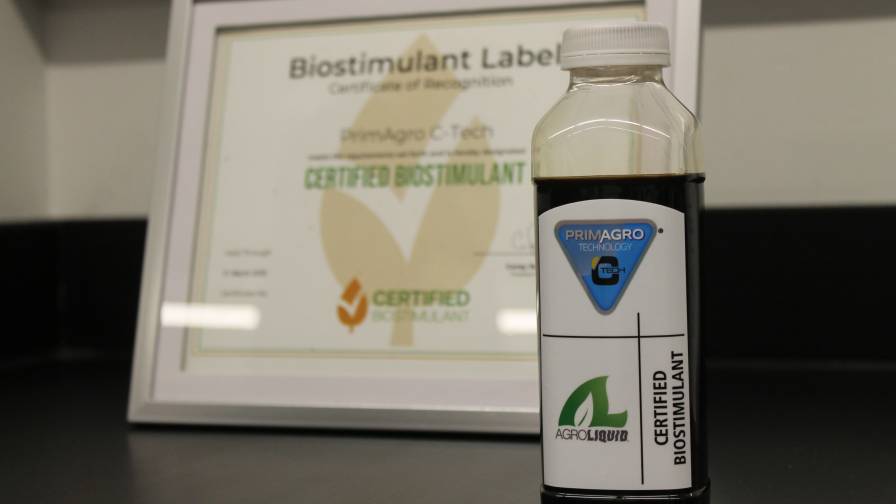WSSA: Test Your Seed Mix for the Nation’s Most Troublesome Weed
Scientists from the Weed Science Society of America (WSSA) say some native seed mixes planted to foster habitats for honeybees and other pollinators have been found to be contaminated with Palmer amaranth – a weed ranked by experts as the most troublesome in the U.S.
Palmer amaranth has become commonplace in agricultural fields across the South and the Southeast and has been traveling north for several decades. It is found on both U.S. coasts, in the Midwest, as far north as Canada and as far south as the Mississippi Delta. Its small seeds are easily spread by birds and farm equipment, and in bird seed, livestock feed and manure.
Recent infestations, though, show the weed is also being spread in some native seed mixes – even those labeled as zero percent weed seed. That’s the case in Iowa, Minnesota and other Midwest states, where there has been a concerted effort by farmers and other landowners to plant native wildflowers that can serve as a pollinator habitat.
In addition to grow-out tests, seed producers now have two new rapid DNA tests to help them identify Palmer amaranth and ensure the purity of the native seed mixes they sell. The California Department of Food and Agriculture and Eurofins BioDiagnostics have developed an independently validated DNA sequencing test promoted by the American Seed Trade Association. Recently weed scientists with the University of Illinois have developed a more sensitive DNA test that can detect a single Palmer amaranth seed in a 100-seed sample. It can also be used on leaf tissue to identify emerged plants.
“If left unmanaged, Palmer amaranth can easily outcompete desirable plants that encourage pollinators,” says Lee Van Wychen, Ph.D., science policy director for WSSA. “If you purchase seed mixes containing pigweed or other Amaranthus species, be sure they have been tested to verify they are free of Palmer amaranth.”
Weed scientists say that if you’ve already planted untested seed, it’s important to be proactive. Make certain you know how to identify Palmer amaranth and what to do to eliminate it. “A single mature plant left to go to seed can turn into a weed management nightmare for years to come,” Van Wychen says.






